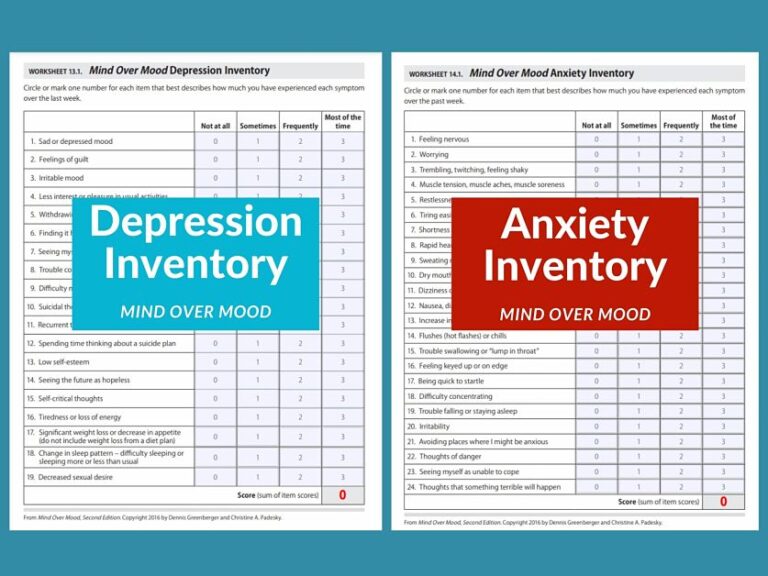By Christine A. Padesky, PhD / July 19, 2013
Have you ever attended a really good workshop and months later found your notes on a shelf and realized you never put into practice what you learned? Therapists invest a significant amount of time and money into training, often by attending workshops. What most therapists don’t realize is that if they spent just a little more time after the workshop, they could significantly increase the benefits of their investment.
HOW DO WE KNOW THIS?
James Bennett-Levy and I conducted research to see if there were simple ways to improve the learning value of workshops. We introduced two changes into one of my workshops:
- Attendees were asked at the end of each day to spent 5-10 minutes filling out a “reflection sheet” which asked (a) what learning in the day had been most personally relevant and (b) how they could use this in their clinical practice.
- Attendees were instructed to do similar reflection on workshop learning 1 week, 4 weeks and 8 weeks after the workshop.
Attendees who agreed to participate in our study were randomly assigned to two groups. One group received email reminders to complete post-workshop reflection sheets; the other group did not.
As predicted, therapists who reflected on workshop learning reported greater use of the skills learned. However, reflection during the workshop was not enough. Increased use of workshop skills was only reported by therapists who reflected on their learning in the weeks following the workshop. As expected, email reminders helped therapists remember to reflect on workshop learning.
3 SIMPLE STEPS
So the next time you invest time and money in a workshop, be sure to spend a little more time and take 3 simple steps to make sure you maximize your learning:
- At the end of the workshop, write down your reflections about how to use new learning in your practice. Make notes about what you plan to do differently when you return to your office. Enter a reminder into your calendar to review your reflections and workshop notes after one week and one month.
- One week after the workshop, review your reflection sheet and notes. Think about what changes you have made since the workshop. If you have not made any changes, consider what you need to do to increase the likelihood you will use what you learned. Make a written plan for how you will use what you learned in the coming weeks.
- One month after the workshop, review your reflection sheets and notes. Congratulate yourself for any changes that are now part of your practice. Make a written plan for additional changes you would like to make and what steps you need to take to increase the likelihood you will do this.
WHAT ABOUT REFLECTION AT 8 WEEKS?
The numbers in our study were too small to tell if reflection 8 weeks after a workshop yielded additional benefits. However, if reflection and plans to incorporate learning into your clinical practice seem to be helping, continue scheduling time every few weeks to consider how you can continue to use what you learned to improve your therapy effectiveness.
WANT TO READ MORE?
Our research study is currently in press and will appear soon in Cognitive and Behavioral Practice. A free reprint of our in press article is available now in our Clinical Corner under the Training section: “Use It or Lose It: Post-workshop Reflection Enhances Learning and Utilization of CBT Skills.”



